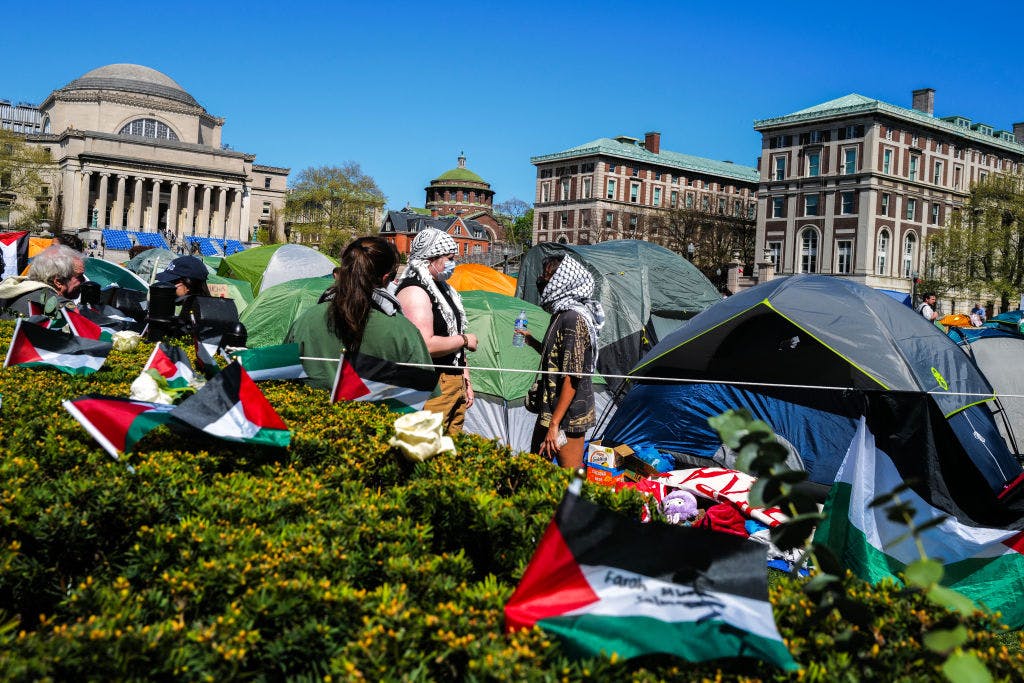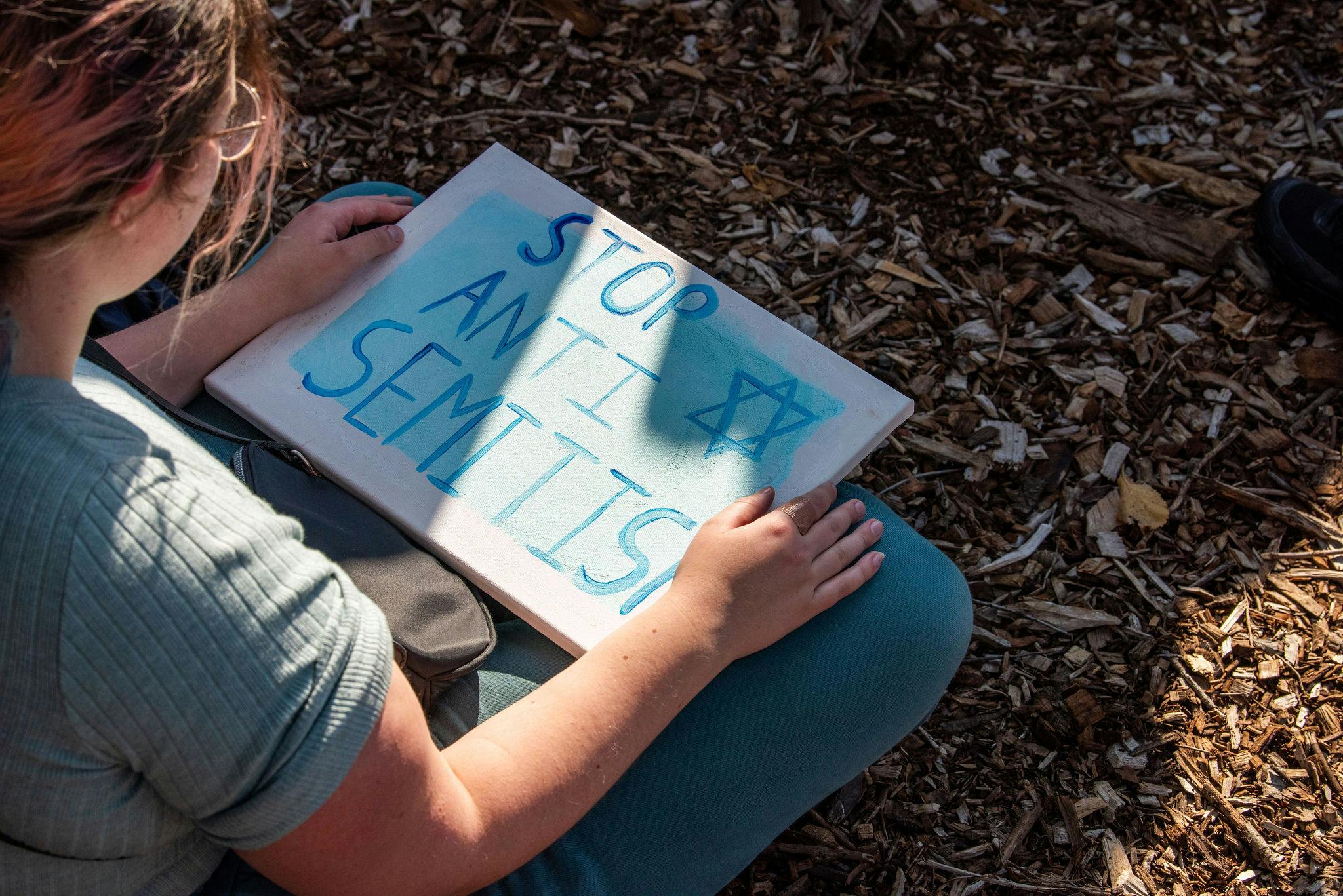Published: 27 September 2019
Last updated: 4 March 2024
The food-related practices emphasise abundance, elegance, a sense of achievement and the licence to splurge on high quantities and expensive items. The pomegranate, with its myriad seeds, is the beloved fruit symbolising the season of plenty. The celebratory expression involves eating costly animal delicacies: beef brisket, lamb and fish.
On the table we place silver cups and other Judaica objects, imported goods, expensive wines and more. And once we are seated around the elegant table, we show off our new wardrobe of fancy clothes, shoes and jewellery. Gifts are often exchanged. A similar mindset occurs around the celebration of Passover.
In big families and community gatherings, we also tend to use throwaway goods and create a huge amount of waste. These are all common ways Jews practice their holidays and traditions.
From reading through the powerful set of articles in this publication, it appears that we need to reconsider these practices. Almost every activity mentioned involves consumption, or rather, overconsumption. And even though the High Holy Days are a “once-a-year” symbolic activity, it is important that the message of concern and restraint starts here. The state of the planet requires significant lifestyle changes, holidays included.
Although we know we can change our habits to make a difference, there is also a broader question raised by the reflective climate of the New Year: is there an obligation on Jews to make a difference?
Although we know we can change our habits to make a difference, there is also a broader question raised by the reflective climate of the New Year: is there an obligation on Jews to make a difference?
As we all know, the climate crisis is a global crisis. What can a small and scattered group like the Jewish people do? Our contributors, from Australia, Israel, Europe and the US, think Jews have an important role to play. Jews can make a difference in specific channels of classical and contemporary ideas as well as in actions.
Moreover, they offer a range of precedents, rooted within our foundation texts, articulating the Biblical imperative to practice responsible stewardship of the earth.
Fast forward to modern Israel, that tiny country in the Middle East which may not consciously invoke the Bible in its environmental pioneering but is undeniably making a difference: desalination plants, solar energy and drip irrigation – these are all innovations that stem from Israel and affect the entire world (this does not preclude the fact that in Israel and in the occupied territories there is much work needed at the local level).
Our contributors address many of these issues. They are spiritual leaders, social activists, business leaders and politicians. They reflect on global trends as well as on local communities and personal lifestyles. They agree that though the planet is on the verge of a catastrophe, there is a window of repair. And they add a Jewish perspective.
The liturgy on Rosh Hashana is a re-enactment of Creation, Ha-Yom Harat Olam (today the world was created). The implicit message is that God began the process and humans are assigned to be the custodians of Creation. Our special publication raises a set of ideas and practices that apply to our day-to-day living and suggests that we can and must have an impact on the entire world.
L’Shana Tova, Elan Ezrachi




